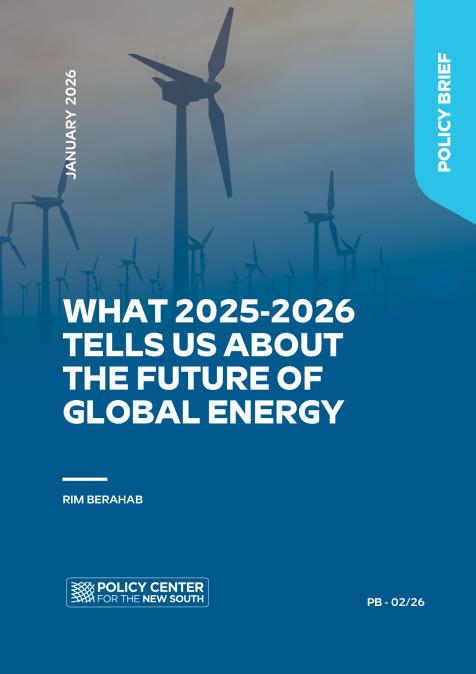Podcasts
China and Emerging Economies
01
December
2014
Related topics:
This podcast is performed by Andrew Small. This podcast addresses a series of macro-trends the Chinese economy has been experiencing these past years. It also presents China’s relationship to various emerging markets, and more broadly, the country’s relationship to the global economy as it is shifting at the moment. This brief identifies major developments that stand from China’s internal economic development as it affects some important trends from the global economy, and their impact on emerging markets. It hence explores how the adopted political strategy fits together with broader macroeconomic developments.











